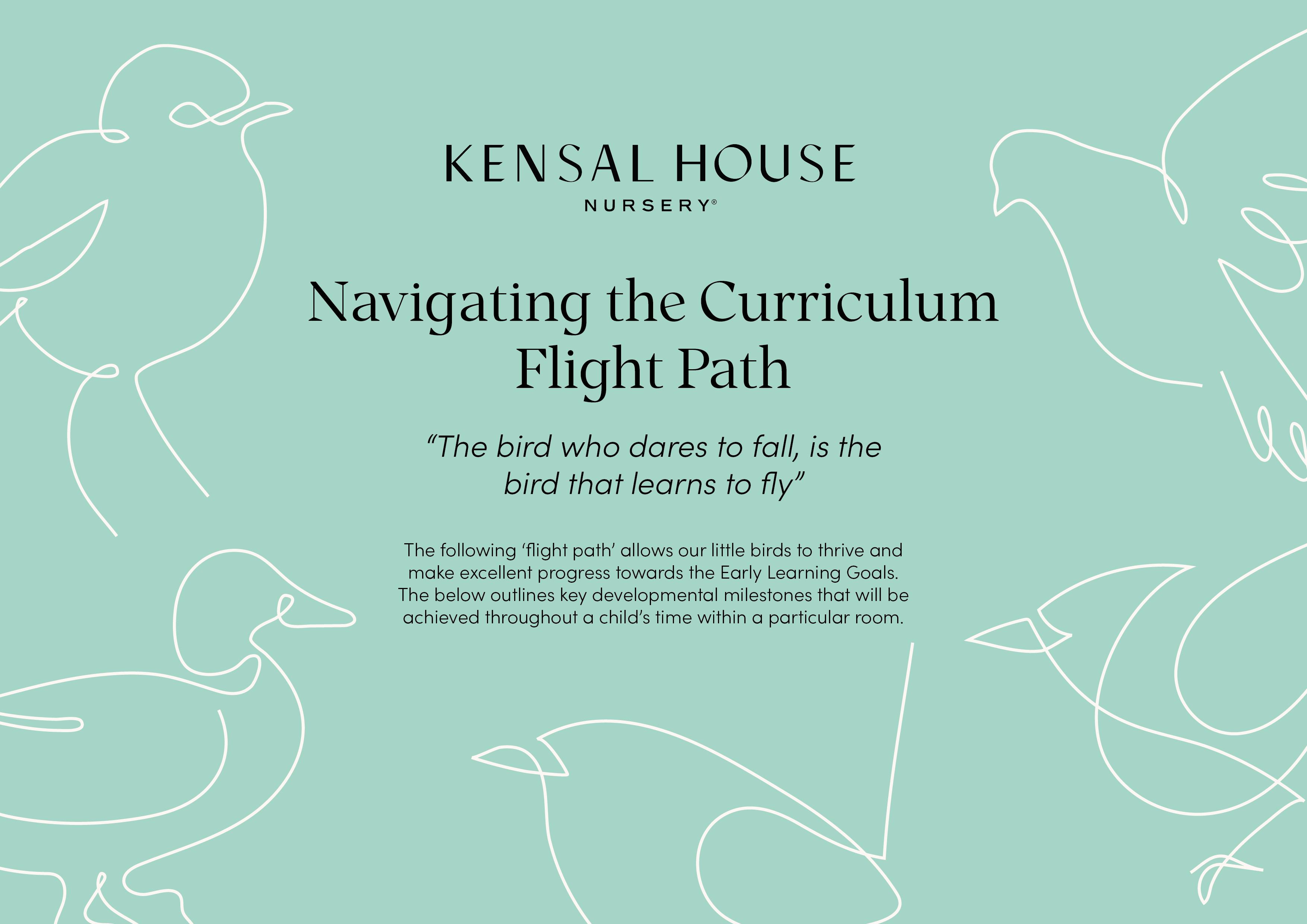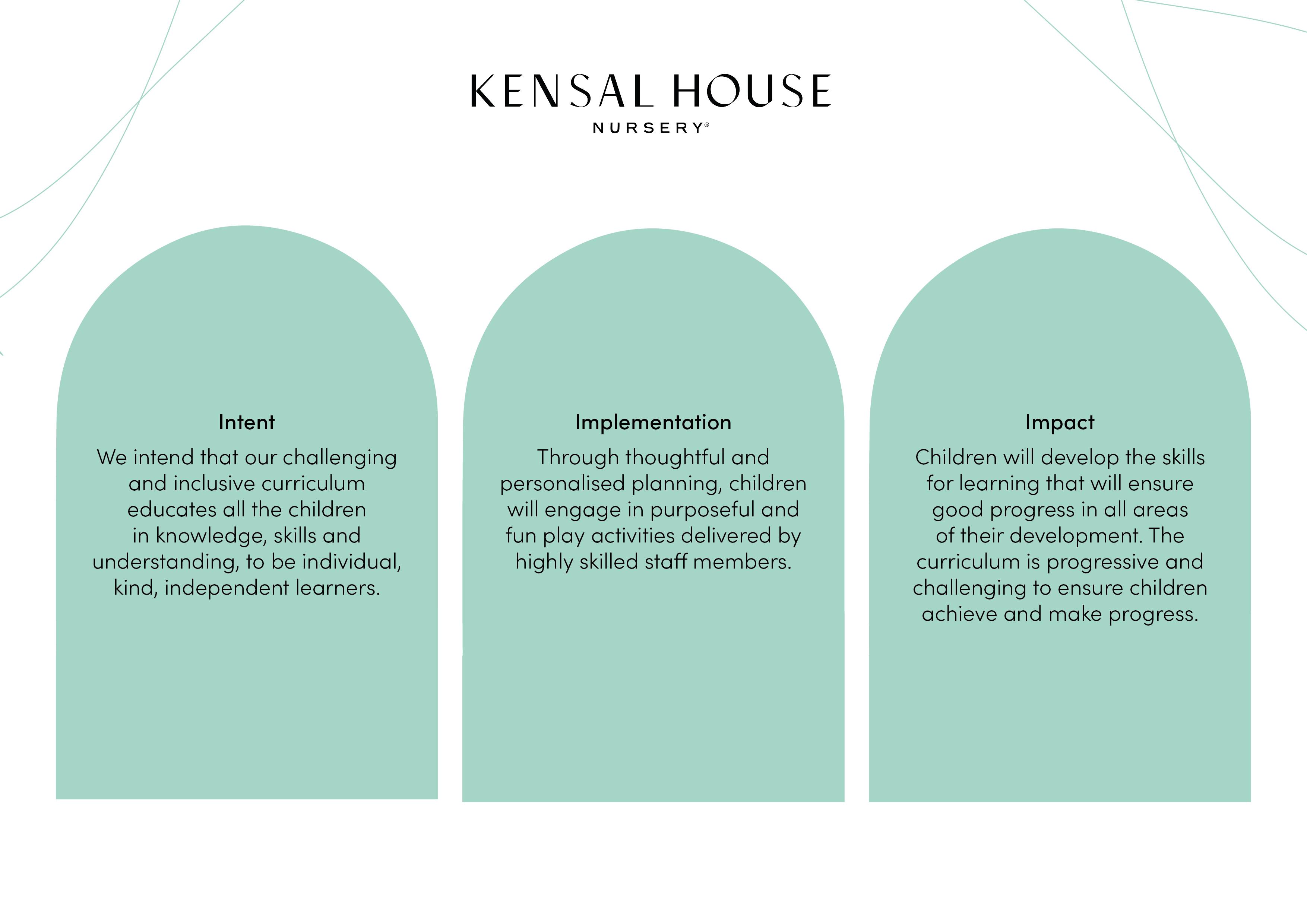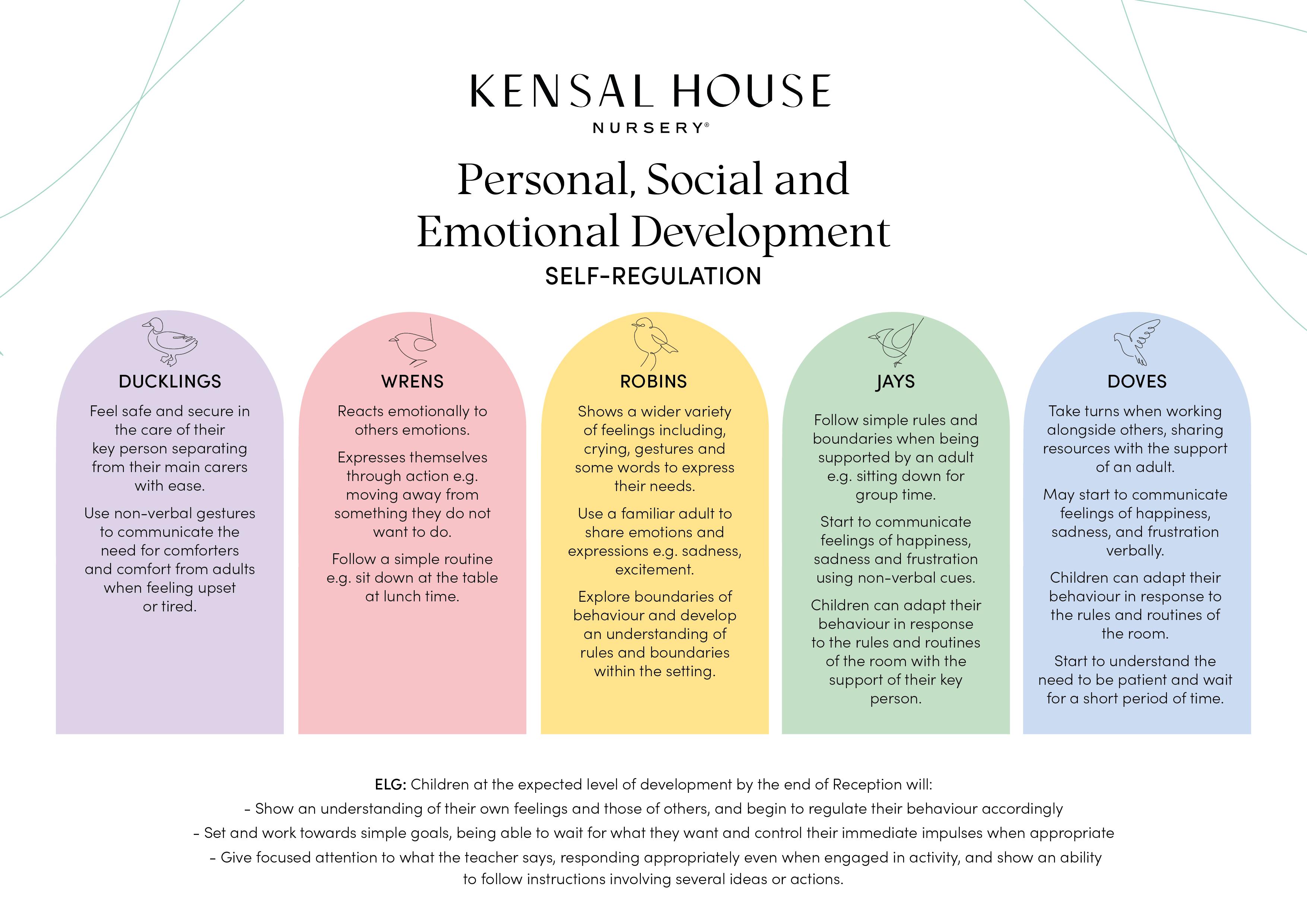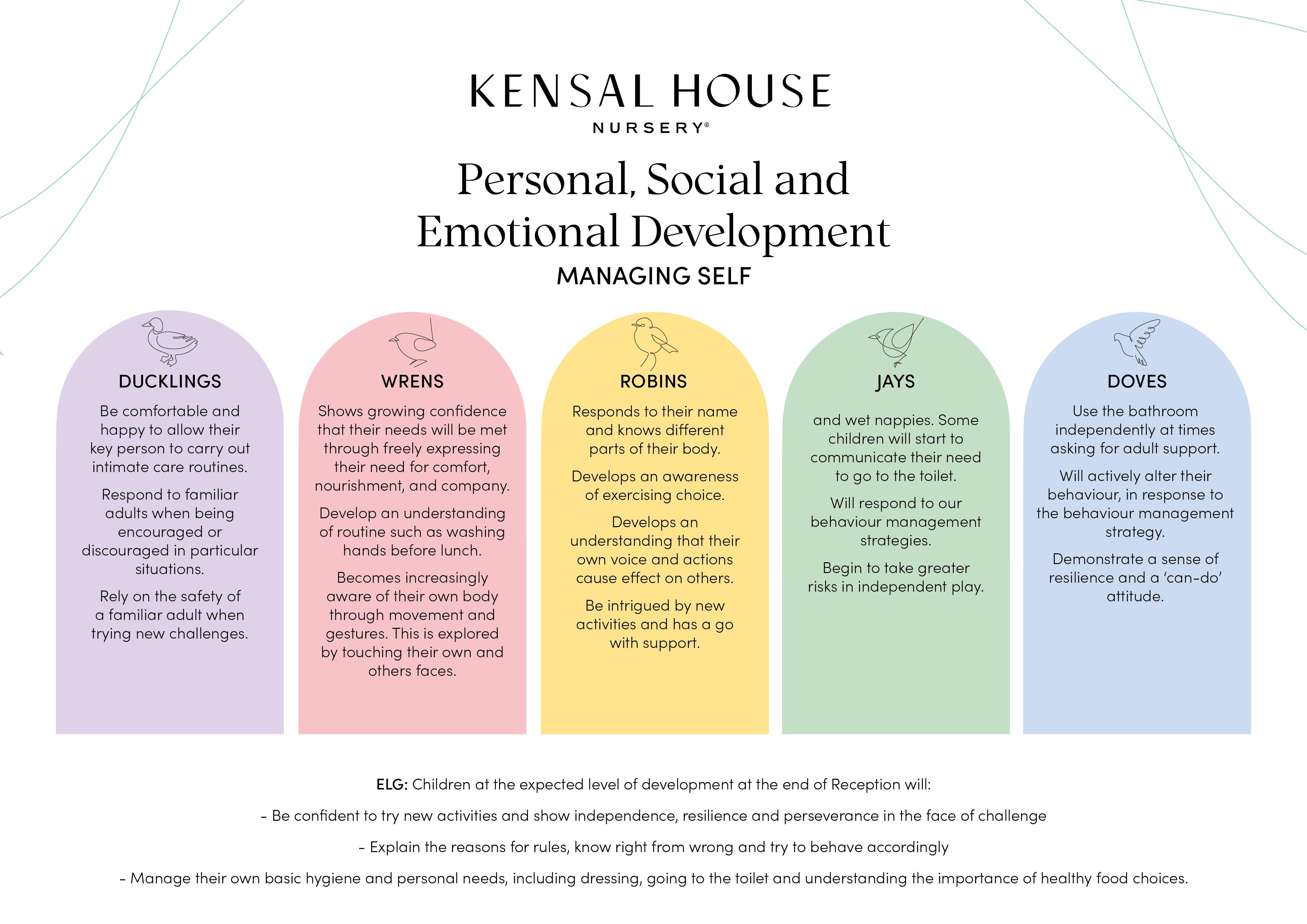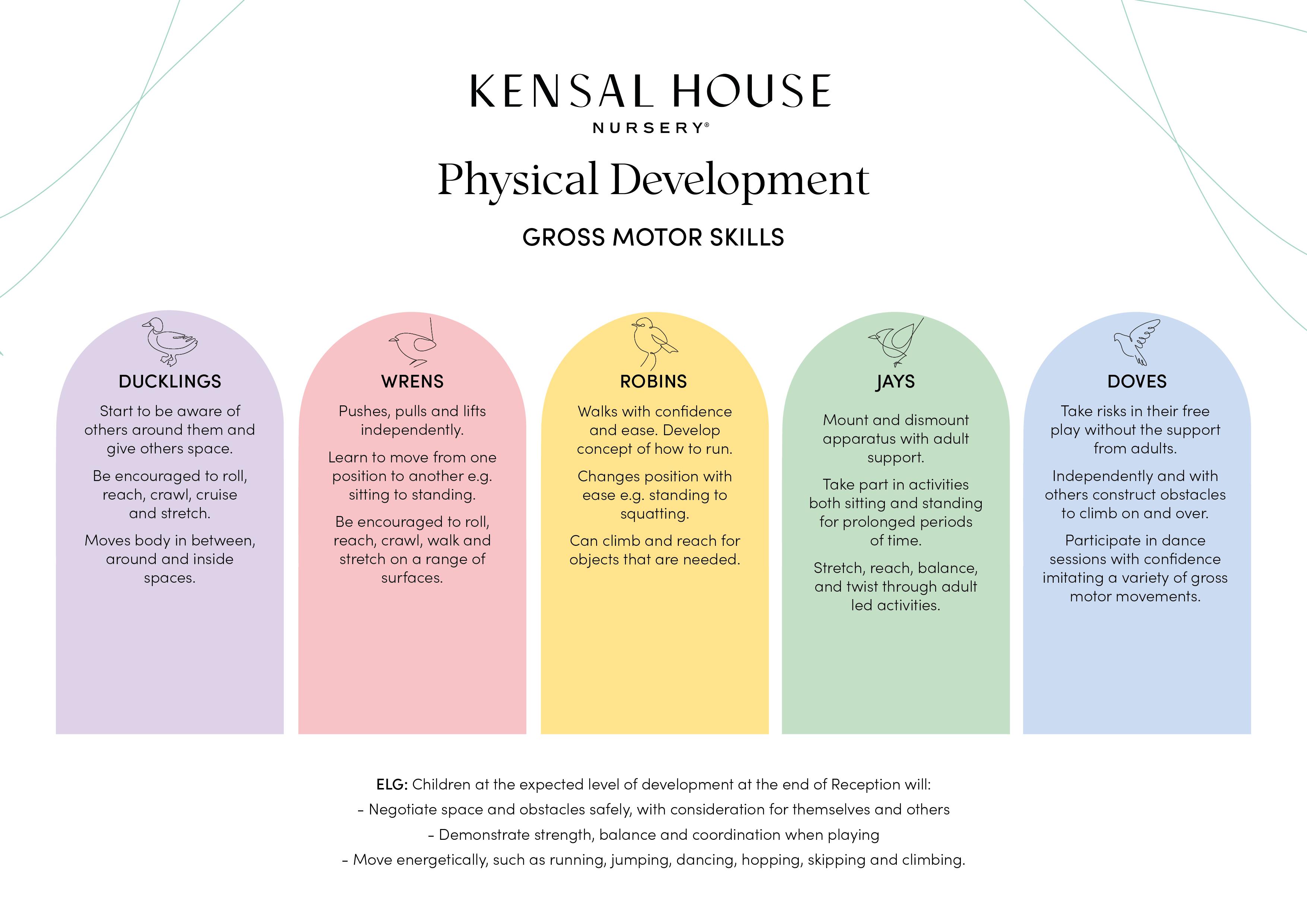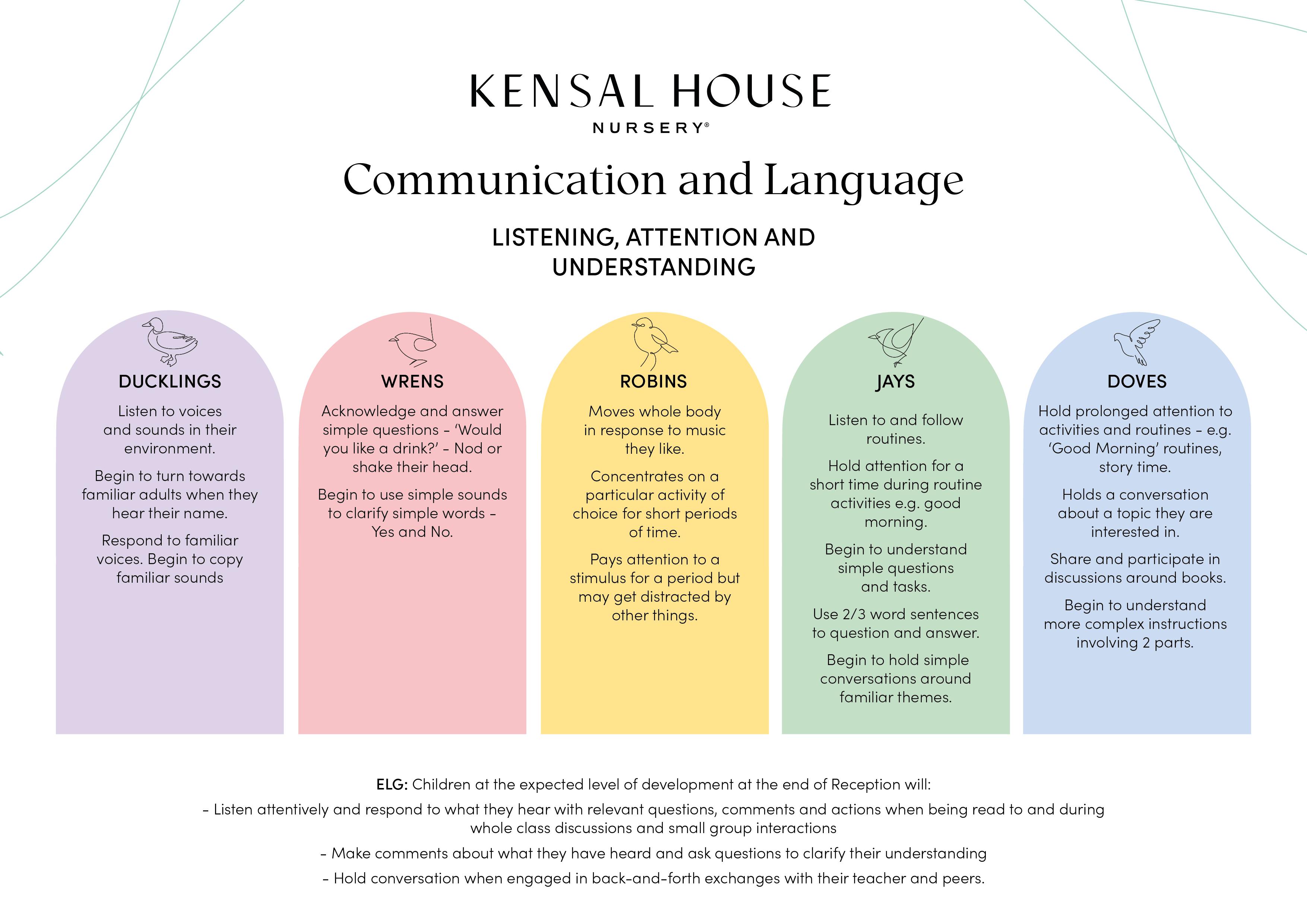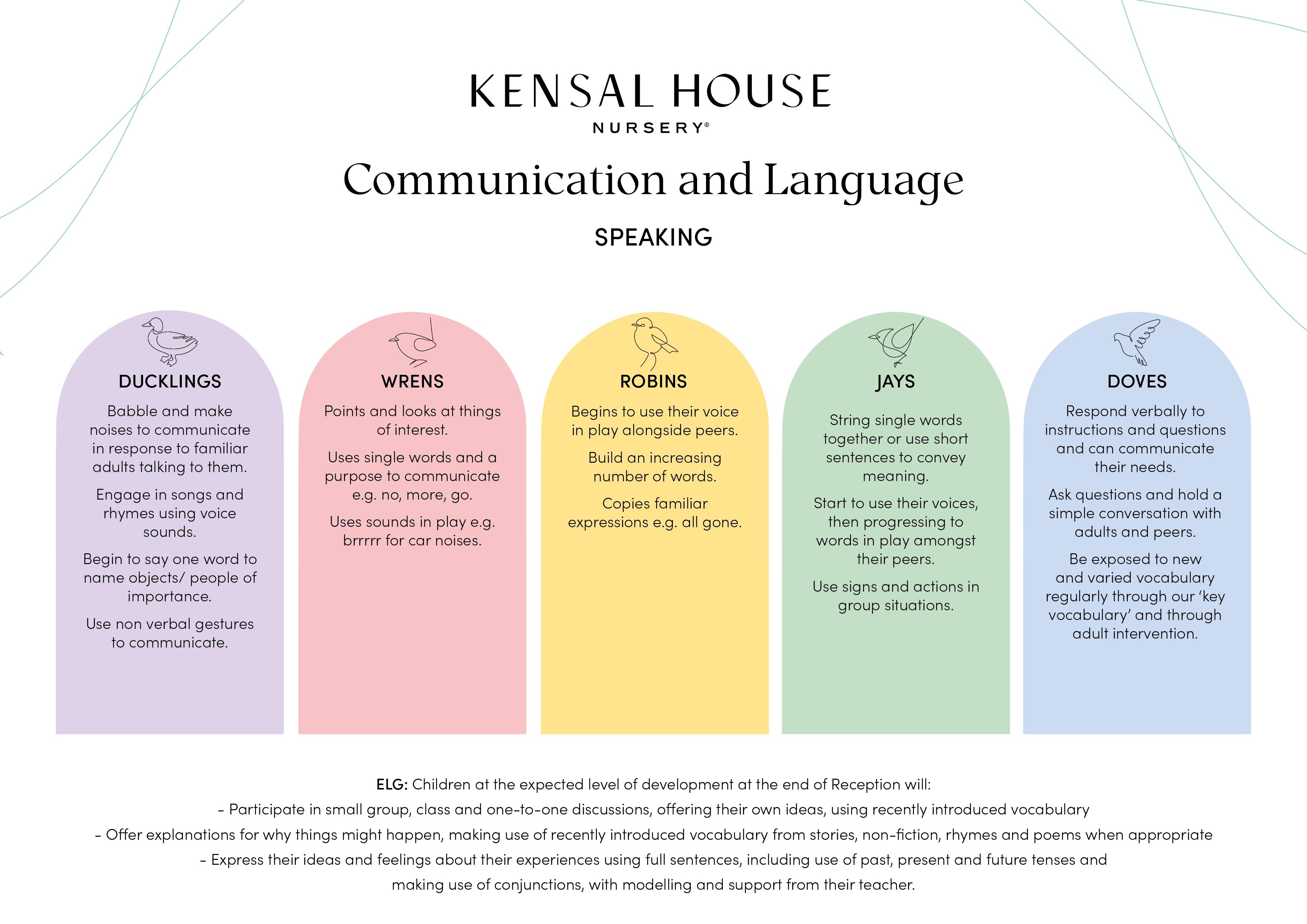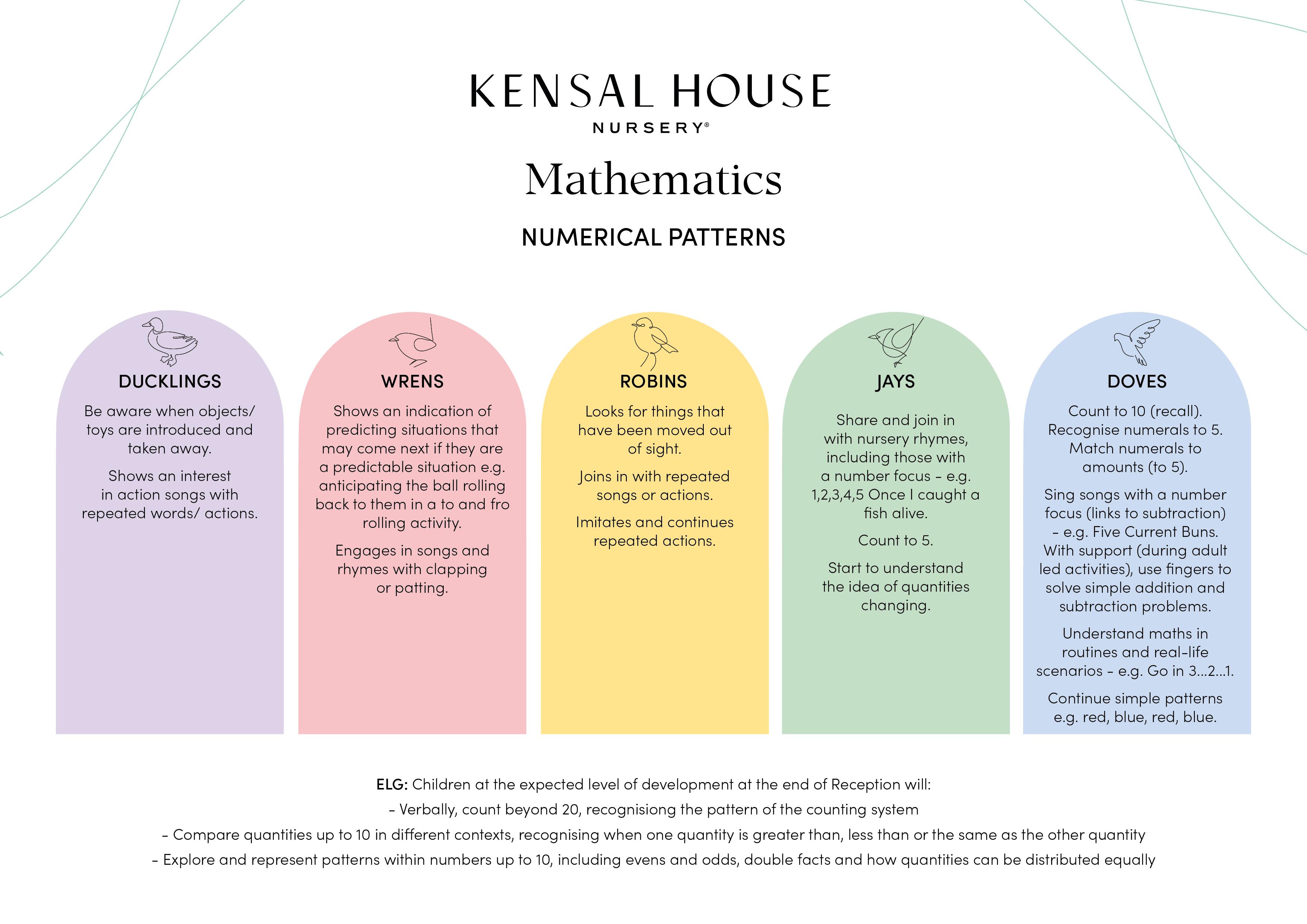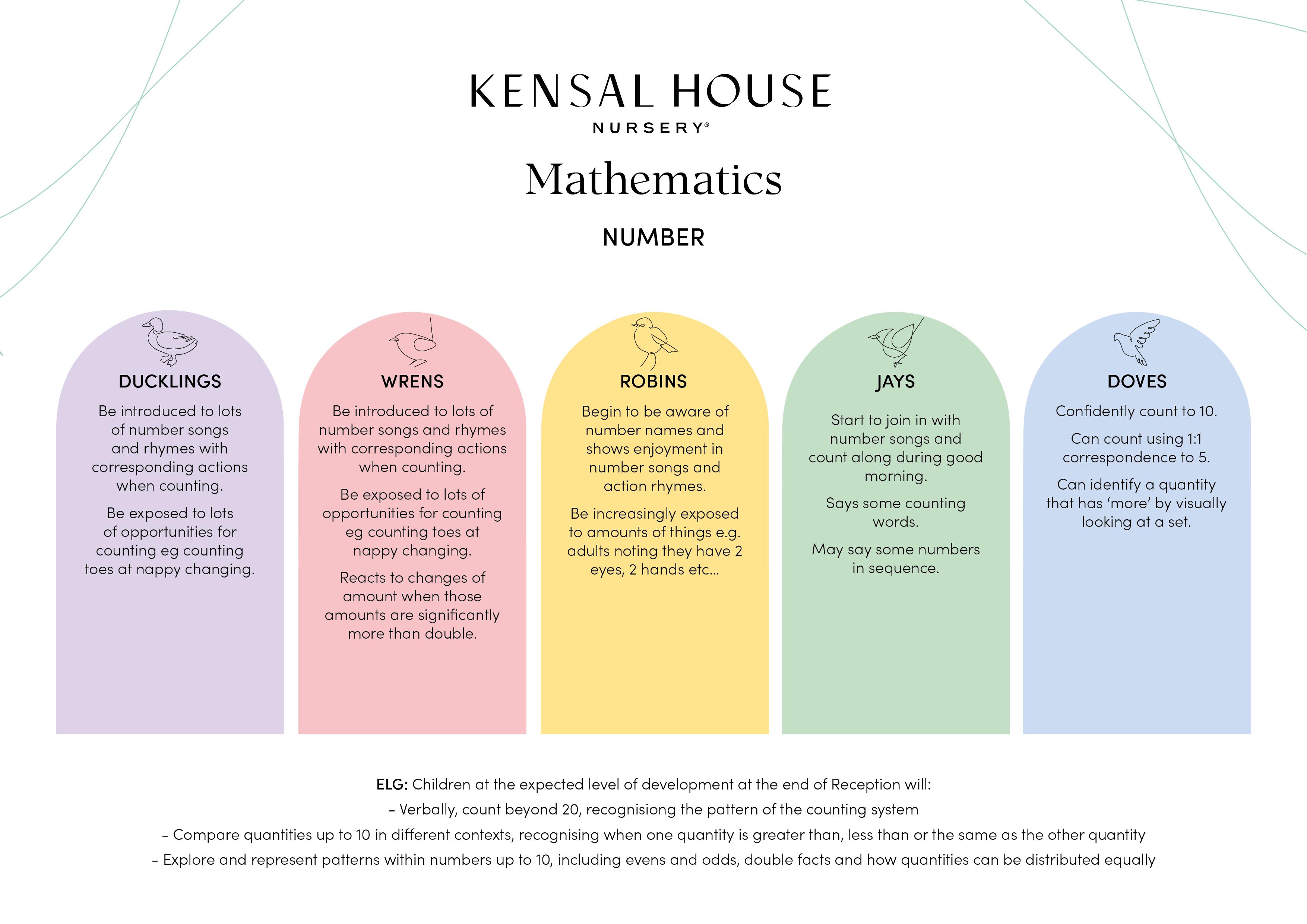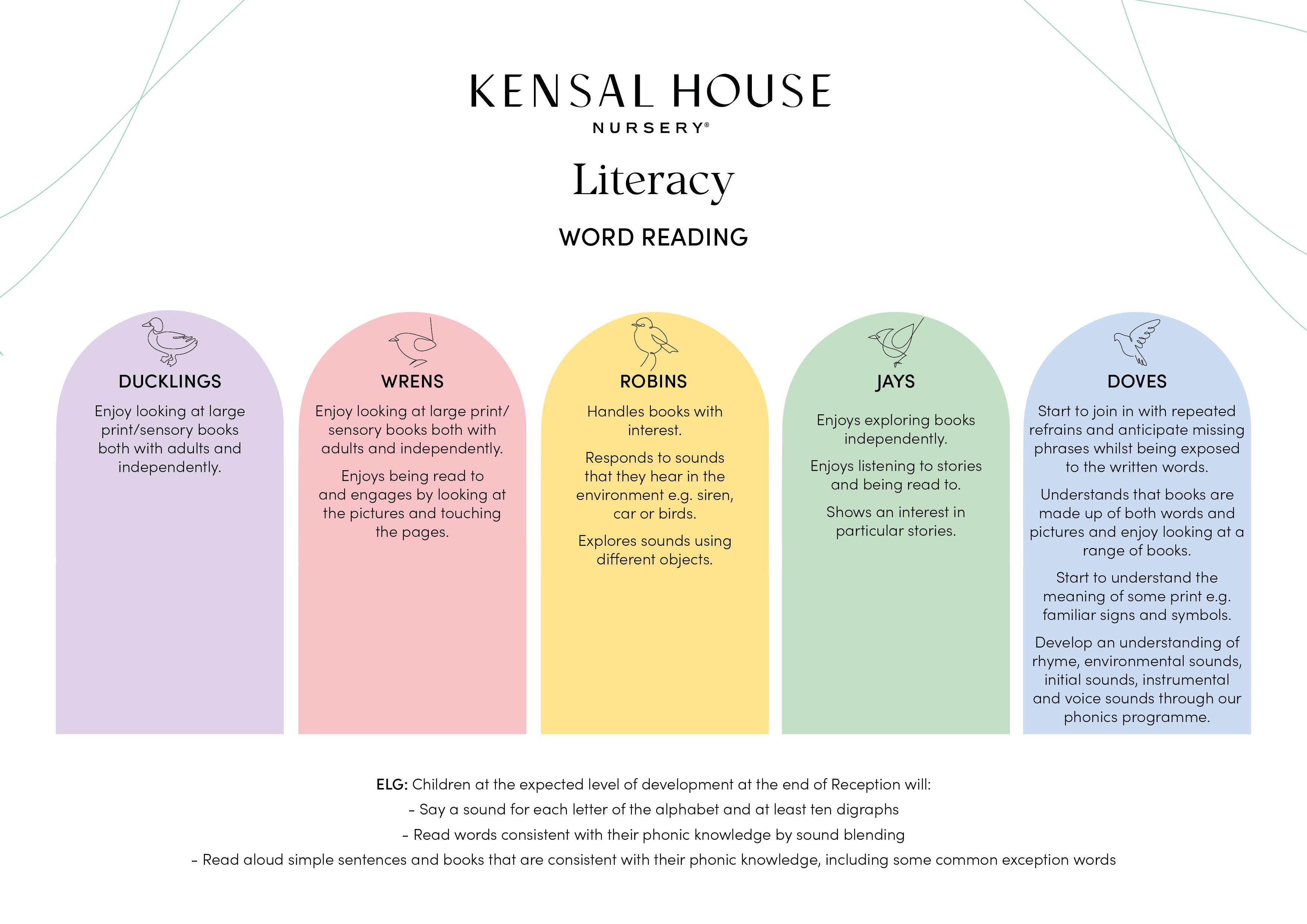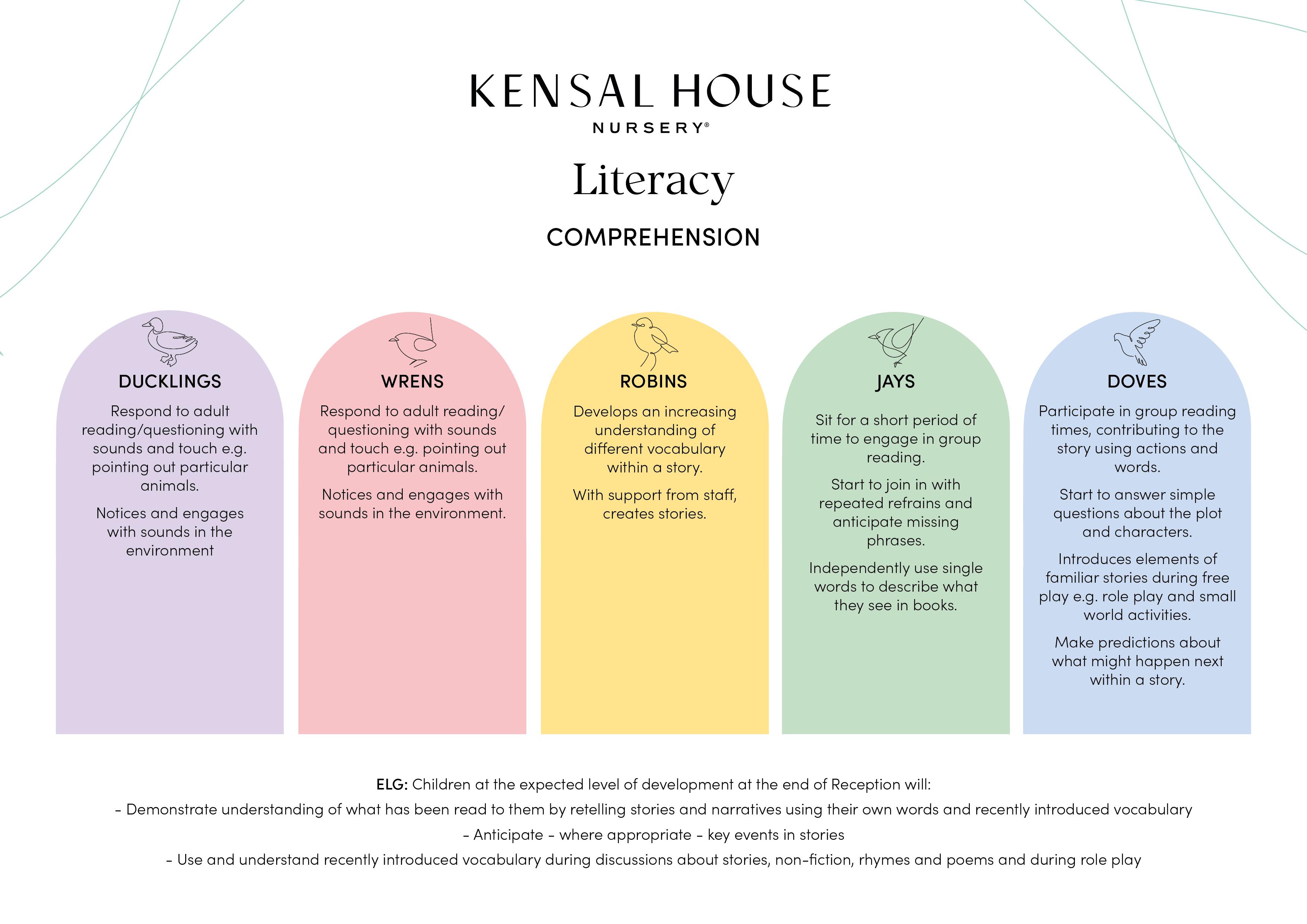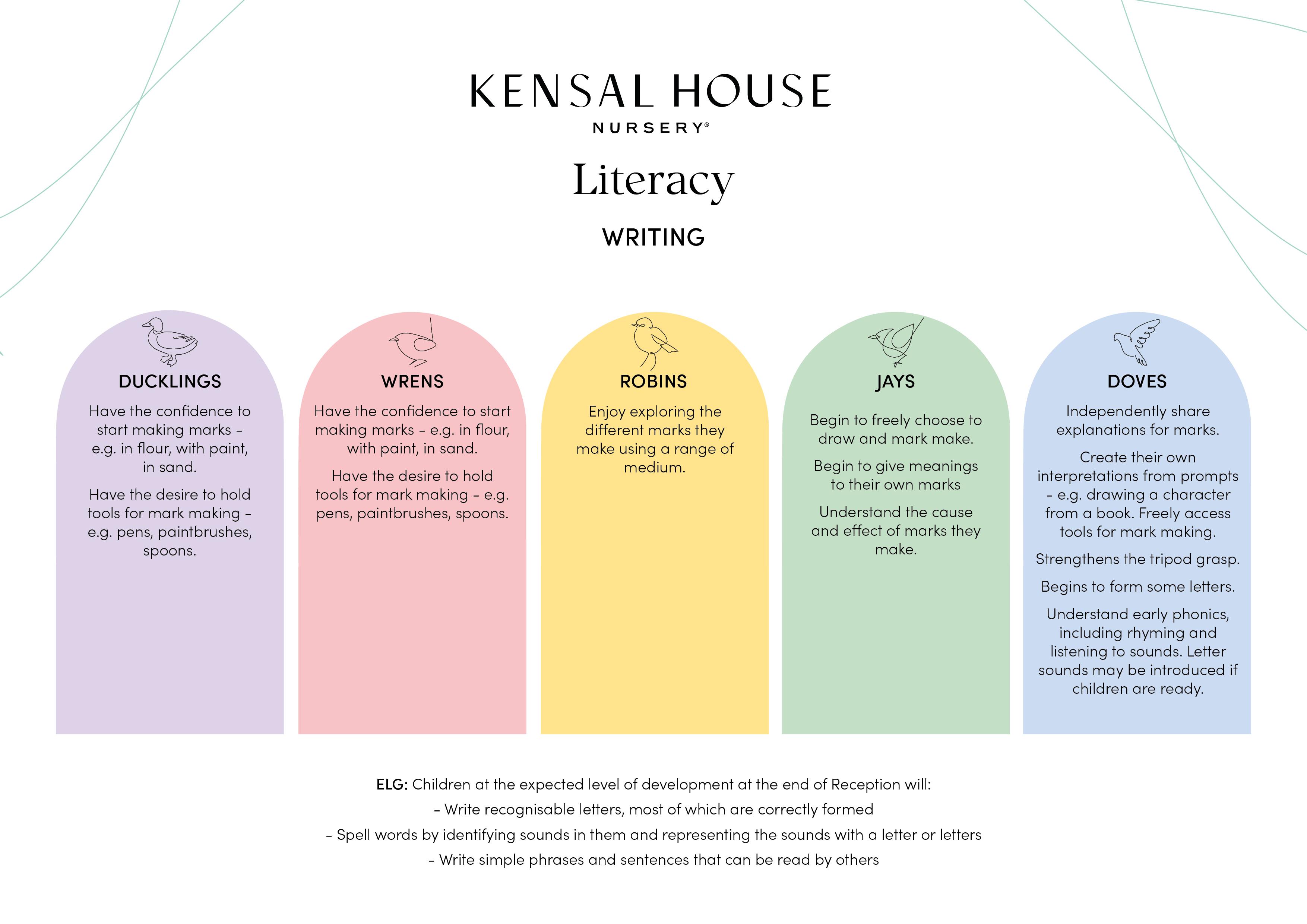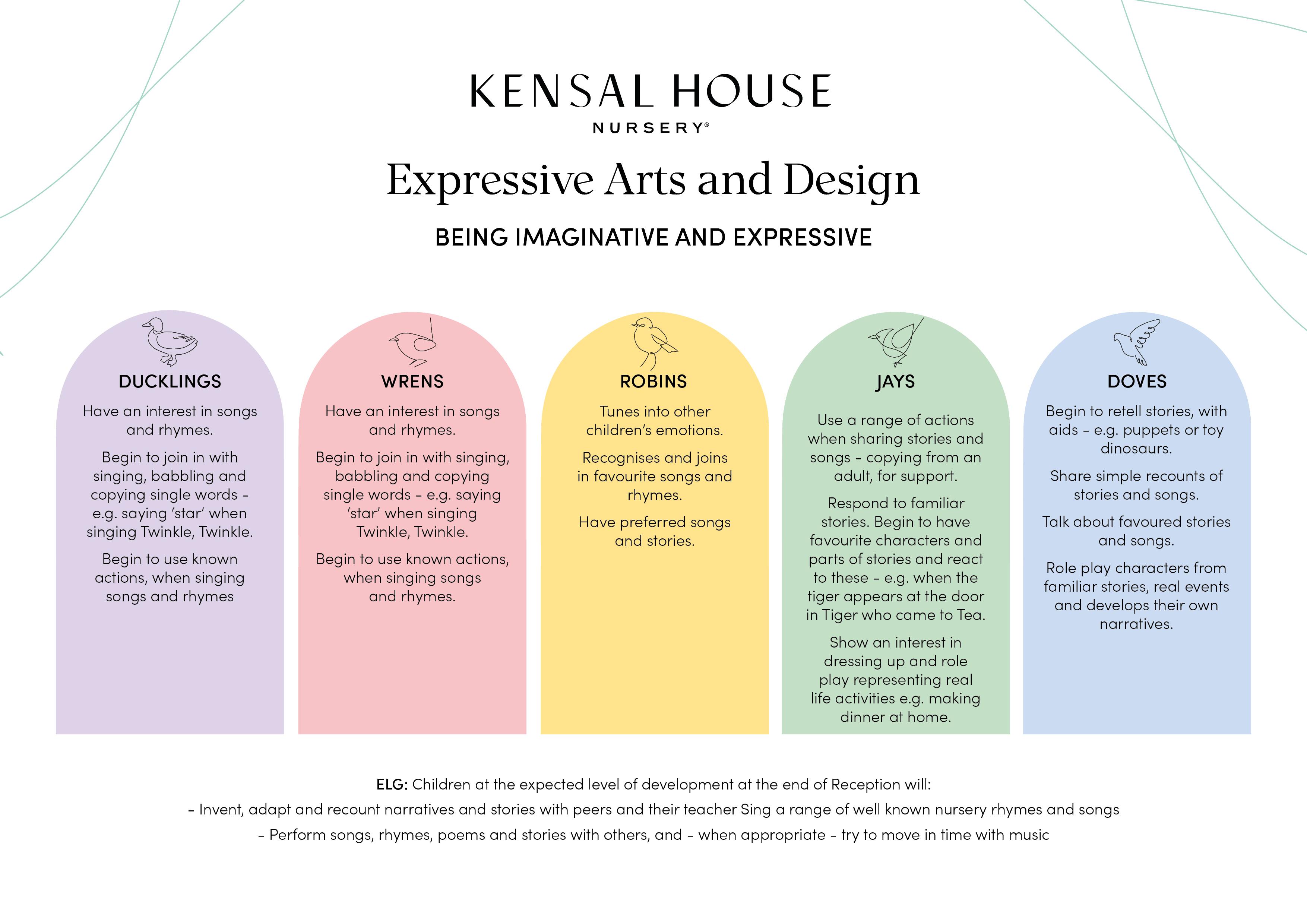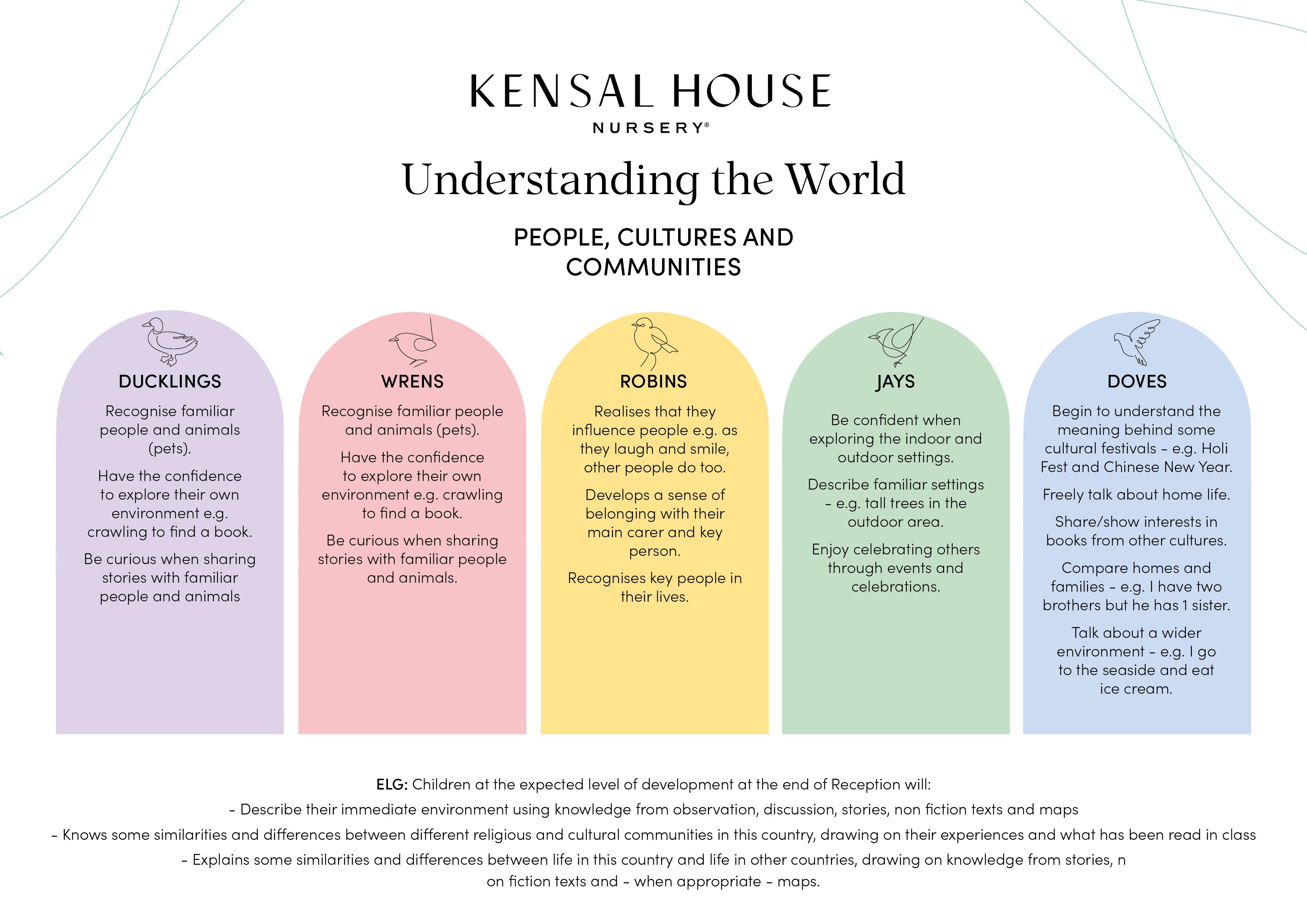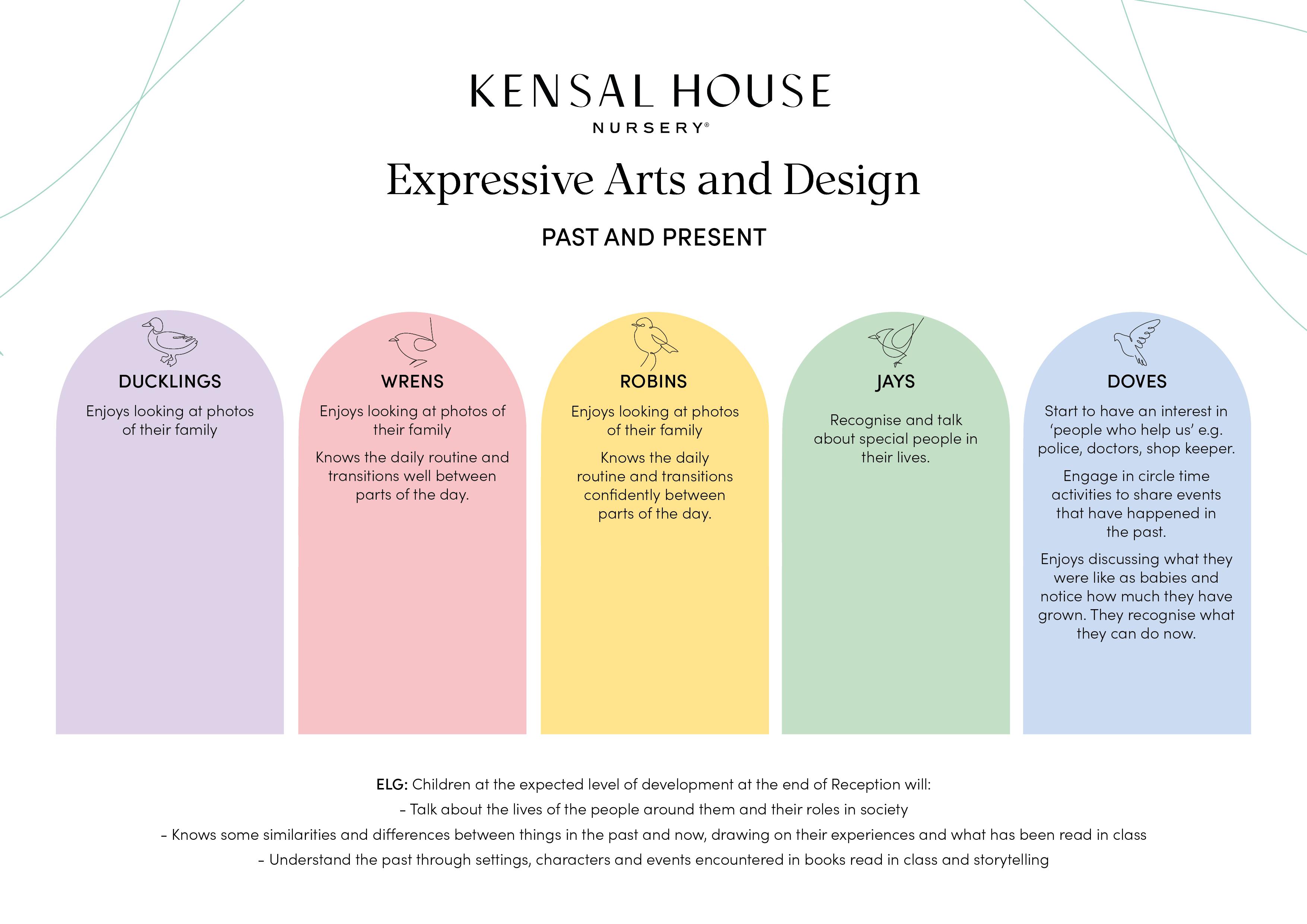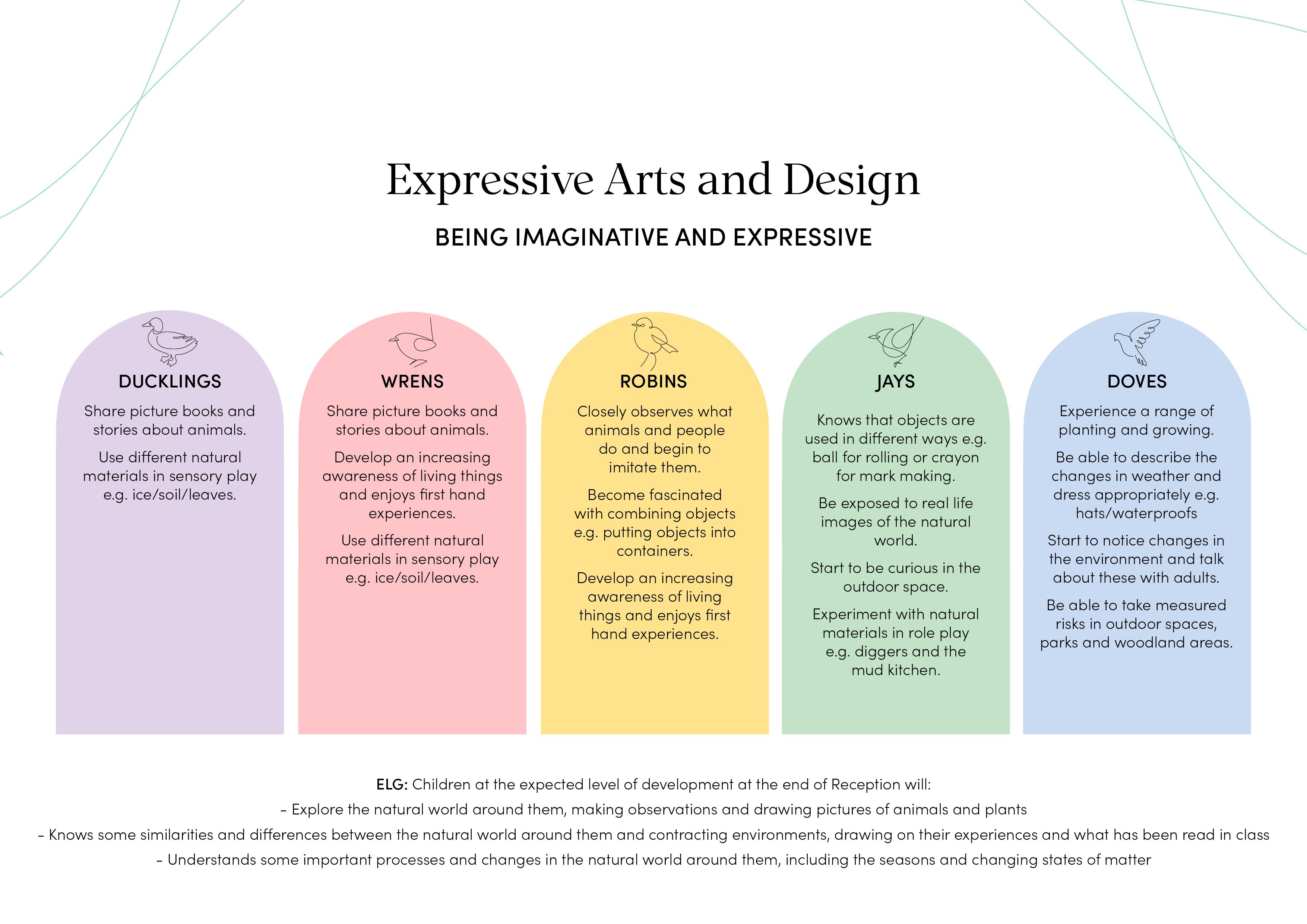The Foundations of Our Curriculum
MISSION STATEMENT
Kensal House Nursery provides an excellent foundation on which every child can begin and build upon their learning journey. They learn within a secure, nurturing and stimulating environment where they feel included, valued and safe.

Through a programme of learning, underpinned by warm and respectful relationships, we celebrate the cultures, interests and abilities of each individual child. We aim to inspire our children to be curious, adventurous, imaginative, and creative, developing a lifelong love of learning. We achieve this by tailoring our curriculum to the individual needs of our children.
We encourage our children to be actively involved with learning, have a go, take measured risks, make mistakes, learn, and do their best!
1
Aims
We Aim to uphold our 4 core values: Fun, Individuality, Independence and Kindness. Our values are embedded throughout our curriculum and through our interactions with the children.
• To create an environment of mutual respect and kindness considering the feelings, ideas and needs of others.
• To learn in an environment that reflects and celebrates our diverse community allowing for an individualised approach to learning.
• To engage our children in exciting, fun and purposeful play experiences and activities that promote a love for learning.
• To develop independence and responsibility within a supportive and secure environment

• To create a nursery that feels like home nurturing, warm relationships to provide an extended family environment.
• To recognise our families as primary educators and work in partnership with them to support and develop care and learning.
2
LEGISLATION
This policy is based on requirements set out in the statutory framework for the Early Years Foundation Stage (EYFS) that applies from September 2021.
We also make use of the non-statutory guidance provided in the ‘Birth to 5 Matters’ document to support and inform our EYFS provision. https://www.birthto5matters. org.uk/wp-content/uploads/2021/04/Birthto5Matters-download.pdf
CURRICULUM
Our early years setting follows the curriculum as outlined in the latest version of the EYFS statutory framework that applies from September 2021. The EYFS framework includes 7 areas of learning and development that are equally important and inter-connected. However, 3 areas known as the prime areas are seen as particularly important for igniting curiosity and enthusiasm for learning, and for building children’s capacity to learn, form relationships and thrive. Our curriculum flightpath has been carefully designed to provide our children with appropriate challenge to achieve their Early Learning Goals.
The prime areas are:
• Communication and Language
• Physical Development
• Personal, Social and Emotional Development
The prime areas are strengthened and applied through 4 specific areas:
• Literacy
• Mathematics
• Understanding the world
• Expressive arts and design

VOCABULARY WITHIN THIS POLICY
INTENT: is about our staff knowing what we want our children to learn.
IMPLEMENTATION: is about staff knowing how we want to deliver that learning.
IMPACT: defines what our children have achieved and measures how effective this has been.
3
Intent
At Kensal House Nursery, we intend that our challenging and inclusive curriculum educates all the children in knowledge, skills and understanding, to be individual, kind, independent learners and influence their wider thinking across all areas of the curriculum. Our core values fun, individuality, independence and kindness are at the heart of our curriculum and everything we do. The children relate to these values through ‘Our Valuable Friends’: ‘Kindness Kangaroo’, ‘Fun Flamingo’, ‘Individual Insect’ and ‘Independent Iguana’.

We focus on promoting the prime areas of learning as a priority to enhance key skills needed to access the specific areas of learning. Our curriculum is development focused and we plan around each individual child’s needs.
We endeavour to give the children the Cultural Capital they need for the future. We work together with our families, as soon as they start, to gather the information based on their prior experiences to support their individual needs and contributes to longer term outcomes of our children.
We are passionate about the importance of modelling effective communication and supporting vocabulary development. We recognise the impact this has on children’s outcomes and future. Communication and language is embedded across our curriculum. Children are exposed to high quality discussions that are modelled by adults. Children are encouraged actively learn and use new words.
Play is central to our practice here; children will engage in a range of child-initiated play and purposefully planned activities based on children’s next steps. Adults carefully scaffold learning through modelling, narrating and engagement. Learning is planned according to children’s interests that are captured through the observation, planning and assessment cycle.
4
Implementation

Kensal House Nursery we encourage our children to demonstrate the Characteristics of Effective learning outlined in the Early Years Foundation Stage. Children are actively encouraged to play and explore, actively take part and ownership of their learning as well as being curious. Staff actively model this when working alongside children. Our values fun, individuality, independence, and kindness are central to what we do. Staff openly use this vocabulary with our children and relate stories to the characters for age-appropriate relation.
Observation, Planning and Assessment Cycle
We have a child centred approach to learning ensuring every child’s needs are met individually. Staff use an individual approach to tailoring activities and play experiences based on children’s next steps in learning and development. Our skilled staff are trained to make purposeful observations of the children through the Family app, which is shared with our parents. These observations are the starting point to our planning and assessment cycle. Staff note children’s next steps which are based on skills and development. These next steps or skills are then used to plan activities, play and high-quality interaction between our staff and children. Children are formatively assessed daily. Staff are encouraged to share commentary about children’s development and make note on our next step boards, which we use for planning. Every 6 weeks, key persons meet with a member of the management team to discuss children’s progress and development. Informative discussions determine how to best progress each child in their learning and development.
Staff ensure that they provide quality first teaching, learning and interaction and are supported to do so through continued professional development. We are committed to tailoring our Continued Professional Development to the needs of our children and staff.
We believe learning through play is vital, we use the environment to ensure the children’s needs are met through continuous provision, enhanced provision and following children’s interests. We value the roles that our adults play in extending the play experiences as well as exposing them to new interests, skills, and opportunities. Each term is loosely themed on a broad topic starting with ‘Being me- What makes me unique?’, ‘Our environment- What does my world look like?’ and ‘Our Physical world- How does it work?’. These topics umbrella a range of new experiences and opportunities that the children are exposed to.
5
Implementation

Our curriculum is challenging and progressive. The curriculum has a progressive ‘flight path’ that allow for clear defined achievements by the end of their time within a room. Staff plan to support children achieve these goals. Our well-designed curriculum ensures that children make sustainable progress in order to meet their future ELG. Our staff know the children well so that learning may be instantaneous in the moment at times.
Our child centred curriculum provides practical hands-on experiences as much as possible. Children are encouraged to have a go and be actively involved. The children use the nursery garden daily to further extend their learning outside. We benefit from a beautiful natural environment with views of the canal and natural life which proves a good talking point to extend and develop communication and language skills.
Communication and language form a central part of our curriculum. Staff model challenging vocabulary and teach the children the meanings of the words. Children are encouraged to make vocal sounds, words, put two words together and say sentences. Staff always use vocabulary in a meaningful way with our children so that they develop an understanding of language even prior to their ability to speak. Through their time with us, our children develop a bank of ‘favourite stories’. Through literacy, children are exposed to a variety of new words and key vocabulary.
Our Doves engage in our Kensal House phonics programme which provides them with the foundation skills needed for reading and writing. Children enjoy immersing themselves in ‘Phonics land’ accompanied by our ‘Phoneme Fairy’. Children go on exciting sound adventures exploring sound discrimination through environmental sounds, instrumental sounds, body percussion, rhythm and rhyme, alliteration, and voice sounds and oral blending and segmenting.
Enrichment
Our curriculum is enriched with a full range of exciting opportunities. Where appropriate there is time built in for additional sessions for story telling and drama, musical mayhem and plenty of outdoor opportunities. The children will also benefit from various activities and the environment within Jaego’s House
6 6
Impact
Our Curriculum flightpath ensures that the needs of individual children including EAL, SEND and disadvantaged, and small groups of children can be met within the environment of high quality interactions supported by targeted interventions where appropriate. This will have a positive impact on the outcomes of our children. The curriculum is progressive and challenging to ensure children achieve and make progress thus, children leave us ready for the next stage in their learning journey.
The impact of our curriculum is measured by assessment processes and impact within staff improvement plans. The impact of our curriculum will also be measured by how effectively it helps our pupils develop into well rounded individuals who embody our values. Children will develop the skills for learning that will ensure good progress in all areas of their development.
Inclusion
As our curriculum is child centred, children will be supported with their progress individually. Our inclusion policy outlines additional measures we take to support children with additional needs to make sustainable progress and achieve with their peers.
Parents as partners
Kensal House Nursery ensure that we work in partnership with our parents. We view parents as the most enduring educators of their child. Staff develop free dialogue in person and in various ways through the Family app. Parents will receive timely updates focused on the learning and development of their child. We will hold termly parents meetings allowing parents to meet 1:1 with their child’s key person.
We encourage regular feedback from parents to support what we do in the best interests of the children. We do this in the form of parent surveys, informal chats and formal meetings.

7 7
